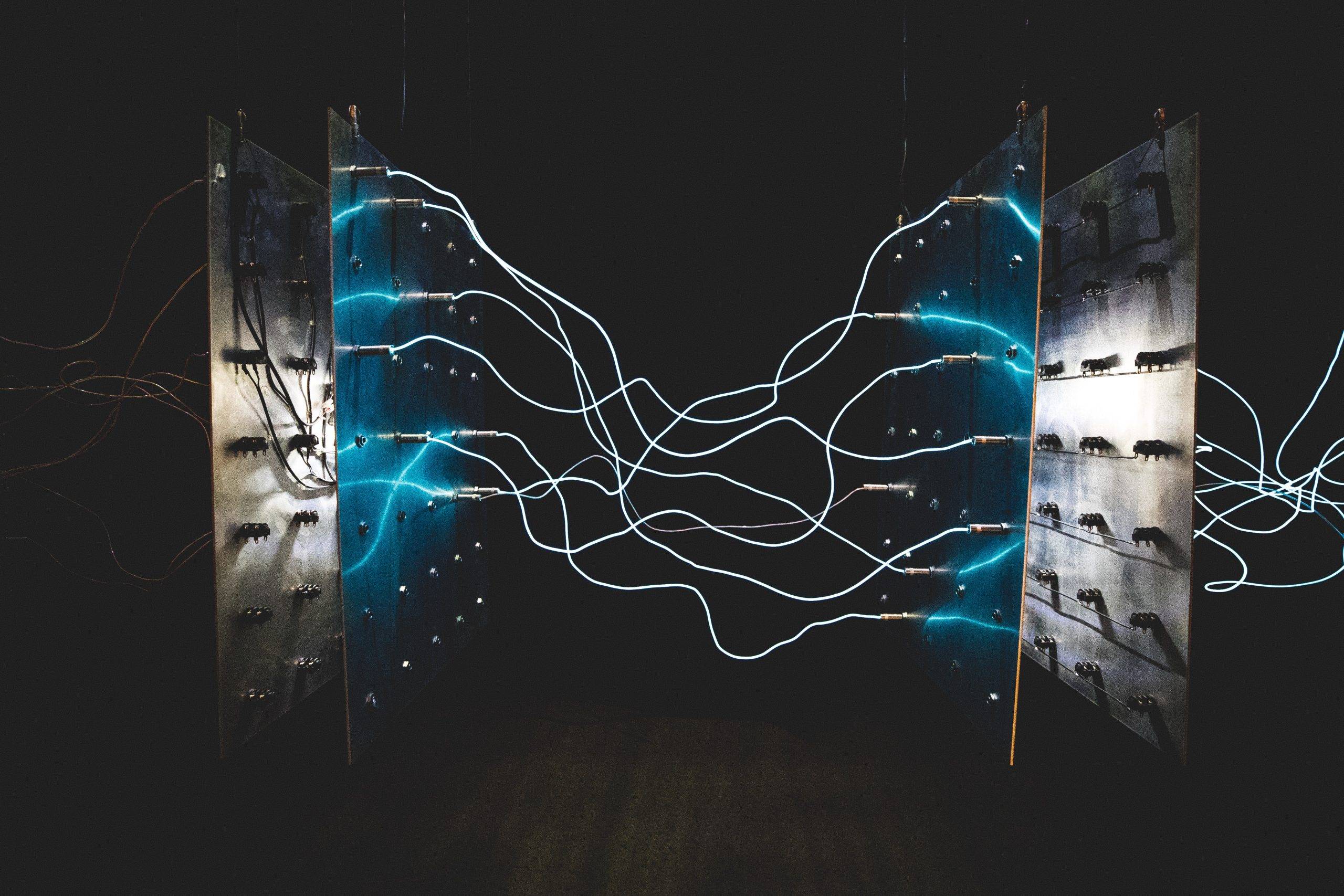I have a Waterway Defender 140 that was installed by the local pool company about a month ago. At the time, everything seemed ok. Two weekends ago I went to pull the basket from the housing and felt a prick as my finger hit the water. Figuring I had a small cut on that finger that I couldn't see, I tried with my other hand and got about three fingertips in before I recognized the feeling. Definitely electricity, and felt perfectly normal when I unplugged.
I had my electrician out yesterday. He discovered the pool guys wired the pump backwards, with hot to neutral and neutral to hot. So he fixed that, set me up with a longer cord, better connector, and added a grounding rod. Unfortunately though, we were still able to detect a small amount of electricity in the water. 1V, 3V, or 5V depending on what the other contact was touching. This wasn't detected during installation because we were all wearing shoes. The first time I felt it was the first time I was working with the pump bare foot.
I have contacted both the seller of the pump and Waterway about the issue, but have yet to receive any kind of response. The pool store just says "call your electrician" though he suspect their crappy wiring job caused a fault. There will be a lot of finger pointing going around, because I'm sure nobody wants to take responsibility.
So here's my question. What can I do to potentially fix the pump? What should I be looking for? I've got a good engineering sense and don't mind taking stuff apart. I've fixed ovens and ice machines. I've replaced electrical outlets, breakers, and light switches. Considering I'm not getting much of any help, I'd like to try to solve this problem myself, but I'm not really sure what might be to blame or need to be replaced.
I'm considering that I may need to threaten legal action if the pool store really did damage my pump, but I'm not certain its their fault yet. They absolutely did something wrong, but I'll need to hear from Waterway I imagine. I have not disclosed to Waterway about the wiring issue, as they'll immediately point their fingers at, even though it may just be a manufacturing defect. It's a messy situation all around though.
I had my electrician out yesterday. He discovered the pool guys wired the pump backwards, with hot to neutral and neutral to hot. So he fixed that, set me up with a longer cord, better connector, and added a grounding rod. Unfortunately though, we were still able to detect a small amount of electricity in the water. 1V, 3V, or 5V depending on what the other contact was touching. This wasn't detected during installation because we were all wearing shoes. The first time I felt it was the first time I was working with the pump bare foot.
I have contacted both the seller of the pump and Waterway about the issue, but have yet to receive any kind of response. The pool store just says "call your electrician" though he suspect their crappy wiring job caused a fault. There will be a lot of finger pointing going around, because I'm sure nobody wants to take responsibility.
So here's my question. What can I do to potentially fix the pump? What should I be looking for? I've got a good engineering sense and don't mind taking stuff apart. I've fixed ovens and ice machines. I've replaced electrical outlets, breakers, and light switches. Considering I'm not getting much of any help, I'd like to try to solve this problem myself, but I'm not really sure what might be to blame or need to be replaced.
I'm considering that I may need to threaten legal action if the pool store really did damage my pump, but I'm not certain its their fault yet. They absolutely did something wrong, but I'll need to hear from Waterway I imagine. I have not disclosed to Waterway about the wiring issue, as they'll immediately point their fingers at, even though it may just be a manufacturing defect. It's a messy situation all around though.


